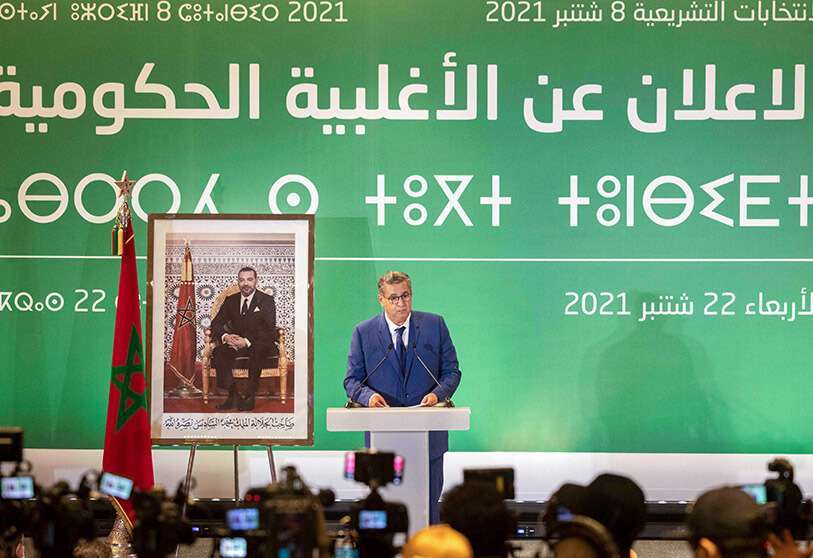Marruecos es el segundo país árabe con más libertad de búsqueda en internet

Freedom House is an organisation that every year prepares a report entitled 'Freedom House Index', in which it shows the freedom of citizens in different countries about what they can search or do on the internet. This year's document has placed Morocco in second place among the Arab countries where there is more freedom for its citizens to access different contents on the internet. The Kingdom received 53 points respectively.
The Alawi country is in a well-deserved second place, which gives it a good reputation in the world's view of Arab countries. Tunisia came first with a score of 63 points. Morocco was followed by Lebanon, Libya, Jordan, Iraq, Sudan, Sudan, Bahrain, the United Arab Emirates and Saudi Arabia.

This new distinction is due to the laws and projects created by the new Moroccan government, headed by Aziz Akhannouch, which is making every effort to promote internet accessibility, as well as boosting digital business. Another report by the National Telecommunications Regulatory Agency (ANRT) reports that the kingdom now has 93% of its population with access to the internet, which is a very positive figure for Akhannouch's administration. This third quarter of 2021 reports almost 34 million people living in the Maghreb country, with a current population of more than 37 million.
But this report also reveals that internet freedom is increasingly under threat. This issue has been developing for 11 consecutive years, as a number of social and political factors exacerbate the different search and access options available to people in some territories. "Freedom of expression online is under unprecedented pressure. More governments arrested users for non-violent political, social or religious speech than ever before," the paper adds.
Freedom House analyses the situation in this context in 70 countries and scores them from 0 to 100 according to the known restrictions in the nations. One of the main surprises this year is that China has once again, for the seventh time in a row, been placed at the bottom with only 10 points. China accounts for a quarter of the world's internet users because it is the most populous country in the world, but it is also the country with the most control over the internet population. Amnesty International has already denounced the nation for being the country with the most users detained for censorship. The situation is so critical that there are specialised Chinese authorities in charge of supervising content and what is shared on the net. Also, since its arrival in 1994, the Golden Shield was subsequently created, which is run by the Public Security Department and is in charge of detecting any type of content banned in China, whether it is information about ideas contrary to the communist government or even protests and content about Tibetan independence. At the same time, it is in charge of blocking foreign websites and if they want to reach the region, they have to adapt to a series of very strict laws, otherwise they are blocked. The organisations denouncing this situation call this the Great Firewall.

This dossier has also revealed that in the last year alone there has been an 8% increase in the number of users residing in countries where attacks and murders occur because of what is said and done on the networks. It is also worth noting that the pandemic has had a number of negative effects, especially in the online sphere, with several governments restricting access to the internet to protect public health and prevent misinformation.
The country at the top of the list and receiving most of the congratulations from global organisations is Iceland, which scored 96 points in the report. It is followed by Estonia, Canada and Costa Rica. In addition to China, another country at the bottom of the ranking is Myanmar, which in 2020 suffered a military coup d'état where network access was blocked and mobile service was restricted.








